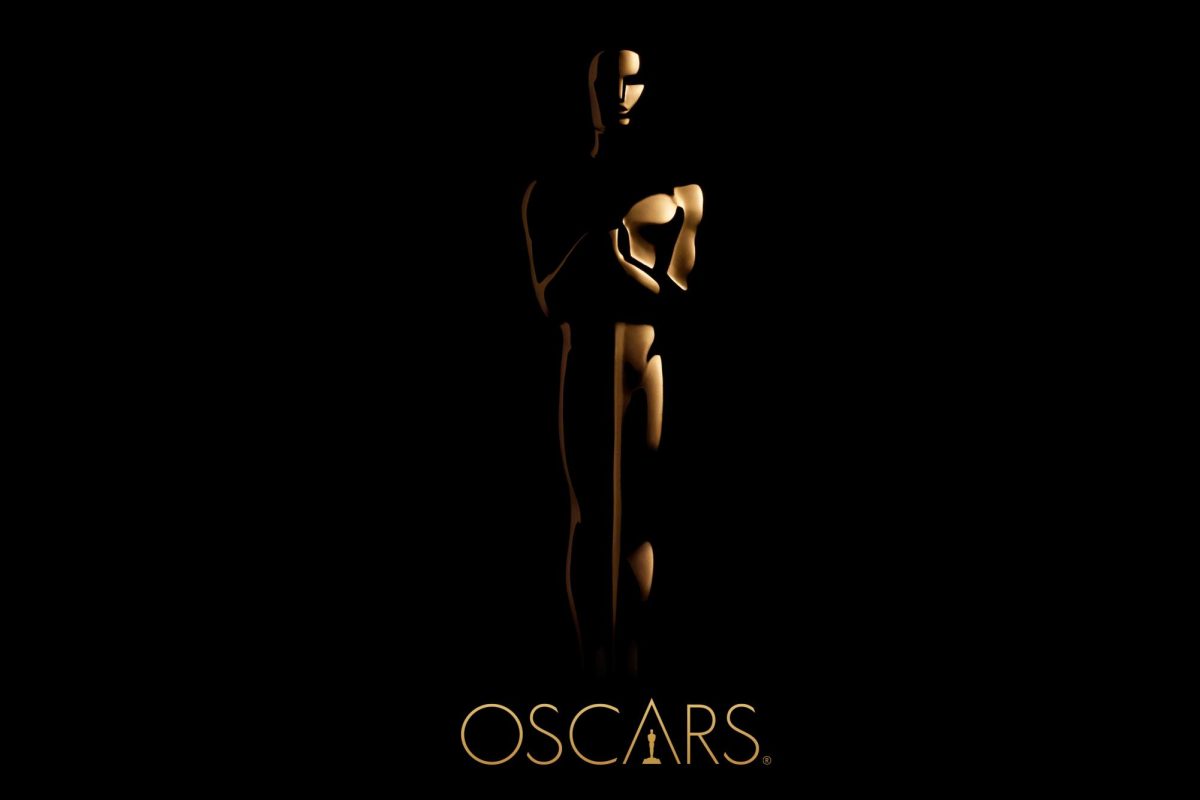On Jan. 23, after a delay due to the tragic fires overtaking Los Angeles, the nominations for the 97th Academy Awards were announced. The ceremony will take place on March 2, and air live across the country. The nominees marked several milestones: Karla Sofía Gascôn became the first openly transgender woman to be nominated for an Academy Award for her performance in “Emilia Peréz,” and Caroline Fargeat became the 10th woman in the Academy’s near-century of operation to be nominated as a director for her work on “The Substance.” The leaders of the pack ended up being “Emelia Peréz” with 13 nominations, closely followed by “Wicked: Part I” and “The Brutalist” with 10 nominations each.
The category that is, as always, attracting the most attention is none other than Best Picture. The nominees for this year are “Anora,” “The Brutalist,” “A Complete Unknown,” “Conclave,” “Dune: Part 2,” “Emilia Peréz,” “I’m Still Here,” “Nickel Boys,” “The Substance” and “Wicked: Part I.” The primary surprises in this category come from features like “Wicked: Part I,” “I’m Still Here” and “The Substance.” While these films all received great acclaim amongst critical and general audiences, they each represent genres that the Academy scarcely acknowledges. The Academy often overlooks musicals, smaller foreign features and horror films for not being as “high brow” or “intellectually challenging” as some others. Each of these nominations represents milestones within the Academy Awards, as they are uncommon choices for the Academy to nominate for arguably its most prestigious award.
Unfortunately, the Best Director category is once again dominated by white people—and primarily men. Jacques Audiard (“Emilia Peréz”), Sean Baker (“Anora”), Brady Corbet (“The Brutalist”) and James Mangold (“A Complete Unknown”) are all nominated, and all identify as white men. The one nominee who does not comply with this standard is Fargeat, the only woman nominated in the category. This year’s category is primarily made up of first-time director nominees.
The Best Actor category largely held no great surprises, other than Sebastian Stan earning his first-ever Oscar nomination for his portrayal of Donald Trump in “The Apprentice.” Stan also was nominated and won a Golden Globe earlier this month for his role of Edward in “A Different Man,” a film that was only nominated for Best Makeup and Hairstyling. Adrien Brody (“The Brutalist”), Timotheé Chalamet (“A Complete Unknown”), Coleman Domingo (“Sing Sing”) and Ralph Fiennes (“Conclave”) join Stan as fellow nominees in the category, all previous Oscar nominees themselves.
As for this year’s nominated actresses, there did happen to be several surprises, including another unexpected triumph for the female-led film “The Substance.” Demi Moore, who won her first-ever acting award at this year’s Golden Globes, earned her first Oscar nomination for her role in the groundbreaking film. In fact, nearly all of this year’s Best Actress nominees happen to be first-timers; Gascôn (“Emilia Peréz”), Mikey Madison (“Anora”) and Fernanda Torres (“I’m Still Here”) are all first-time Oscar nominees. The only nominee to have already earned a previous nomination is Cynthia Erivo (“Wicked: Part I”). Erivo was previously nominated in the same category in 2020 for her performance as Harriet Tubman in the aptly-titled “Harriet.”
Finally, the Best Screenplay award nominees include some familiar names: “Anora,” “The Brutalist” and “The Substance,” but also introduce some newcomers into the sphere of recognition. “A Real Pain,” directed by and starring Jesse Eisenberg, additionally earning Kiernan Culkin his first ever Academy Award nomination in the Supporting Actor category, joined the list. Additionally, the breakout film “September 5” also found itself nominated for its screenplay—the film’s one and only nomination at this year’s awards. The Adapted Screenplay category primarily features films that have already appeared on this list thus far, namely “Conclave,” “A Complete Unknown,” “Emilia Peréz,” “Nickel Boys” and “Sing Sing.”
Despite many of the nominations being what the common cinephile may have predicted, the nominations also contained some big surprises, especially considering one of the most highly-nominated films of the night. “Emelia Peréz,” a musical based around a fictional mob boss in Mexico pursuing gender-affirming surgery, premiered in November to mixed reviews. Because the film is based in Mexico, focusing heavily on Hispanic culture, with large parts of the script and featured songs written in Spanish, the French director received backlash about his insistence that he did not feel the need to research Mexican and Hispanic culture in preparation for the film.
Despite public outcry and boycotting of the film from Mexican viewers, specifically towards the film’s careless treatment of its cultural aspects, “Emelia Peréz” has been nominated for 13 Academy awards, including Best Picture, Best Director, Best Actress and Best Best Adapted Screenplay, among others. While the film does tackle the ever-more-controversial subject of gender-affirming surgery and features big names like Zoe Saldana and Selena Gomez, many have criticized nearly everything about it—from the songs that sound like AI wrote them to the poor accents reflected across the entire cast.
However, this is far from the only criticism of this year’s nominees. One of the biggest critical and box office hits of the year, Luca Guadaginio’s “Challengers,” shockingly received zero nominations despite winning Best Original Score at the Golden Globes in January. Denis Villenueve’s “Dune: Part Two” also didn’t receive the acclaim that many movie lovers assumed it would. With “Dune,” the first installment in the series, earning 10 nominations and winning six, many cinephiles expected its predecessor to follow suit. Contrarily, “Dune: Part 2” only came away with five nominations: Best Picture, Production Design, Cinematography, Sound and Visual Effects—fewer nominations than its predecessor won. Additionally, Guadagnino and Villeneuve were shockingly both snubbed for Best Director nominations.
As with every awards season, there has already been a confluence of opinions surrounding what and who got nominated. There is no one film that has been nominated for all of the “Big Five”—Best Picture, Best Director, Best Actor, Best Actress and Best Screenplay—thus, no one film truly has the opportunity to dominate the awards in the iconic way that some notable films have in the past. Critics and defenders of have both come out of the woodwork over the past week, and the film community seems largely divided at the moment. From the diehard lovers of Guadagnino to the community who actually enjoyed “Emelia Peréz,” this year’s Oscars is shaping up to be one of the more interesting—and divisive—ceremonies of its kind in recent memory.






